The Lifelong Connection Between Hormones and Your Gums
Hormones are the body’s powerful chemical messengers, regulating everything from your mood and metabolism to your sleep cycles. But did you know their influence extends directly into your mouth? Hormones like estrogen and progesterone play a significant role in your oral health by altering how your body responds to the bacteria in plaque. They increase blood flow to your gums, which can make them more sensitive, swollen, and susceptible to irritation. This heightened reaction is often referred to as hormone-related gingivitis, a condition that can appear, fade, and reappear throughout your life in response to natural hormonal cycles.
Oral Health Through a Woman's Life Stages
For women, these hormonal shifts create a unique set of dental challenges and considerations at different points in life. Understanding what to expect can empower you to take proactive steps to protect your smile.
Puberty and the Teen Years
The first major hormonal wave during puberty brings a surge of estrogen and progesterone. This flood of hormones can dramatically increase blood circulation to the gums, causing them to become red, tender, and swollen. You might notice that your gums bleed easily during brushing or flossing. This condition, known as puberty gingivitis, is a direct result of the body's exaggerated response to dental plaque. While it can be alarming, it underscores the critical importance of establishing a meticulous oral hygiene routine during the teenage years to keep plaque under control and prevent minor gum irritation from progressing into more serious periodontal issues.
The Menstrual Cycle’s Monthly Impact
Just before the start of the menstrual cycle, hormonal fluctuations can trigger noticeable changes in the mouth. Some women experience what is called menstruation gingivitis, characterized by bright red, swollen gums that may bleed. Others might develop canker sores or notice their salivary glands feel swollen. This increased sensitivity is temporary and typically subsides once the period begins. Tracking these symptoms can help you distinguish between a cyclical issue and a more persistent problem that requires a dental visit.
Pregnancy: Nurturing a Smile for Two
Pregnancy is a time of profound hormonal shifts, and the mouth is no exception. Elevated progesterone levels can make you more vulnerable to the bacteria that cause gingivitis. This condition, "pregnancy gingivitis," often appears between the second and eighth months and is marked by raw, swollen, and bleeding gums. Some expectant mothers also develop benign but noticeable raspberry-like growths on their gums called pregnancy tumors or pyogenic granulomas. While they sound intimidating, they are simply inflamed tissue and usually disappear on their own after childbirth. Maintaining excellent oral health during pregnancy is crucial, as severe gum disease has been linked to premature birth and low birth weight.
Navigating Menopause
Menopause brings a significant decline in estrogen levels, leading to a new set of oral health concerns. Many women in this stage experience:
- Dry Mouth (Xerostomia): Saliva is your mouth’s natural defense, neutralizing acids and washing away food particles. A reduction in saliva flow increases the risk of both tooth decay and gum disease.
- Burning Mouth Syndrome (BMS): This condition causes a painful burning, tingling, or numb sensation in the mouth, often on the tongue, lips, or roof of the mouth.
- Bone Loss: Decreased estrogen can contribute to osteoporosis, a condition that weakens bones throughout the body, including the jawbone. A less dense jawbone can lead to tooth mobility and eventual tooth loss. Source: American Dental Association
A Note on Men's Oral Health
While women experience more frequent hormonal cycles, men are not immune to these influences. Research has begun to draw a clear line between testosterone levels and oral health. Specifically, men with lower levels of testosterone may face a higher risk of developing osteoporosis, which can compromise the density and strength of the jawbone responsible for anchoring teeth. Furthermore, studies have suggested a link between low testosterone and chronic periodontal (gum) disease. Although more research is needed to fully understand this connection, it highlights that hormonal balance is a key factor in dental wellness for everyone.
— Quote: "Your oral hygiene routine is your most powerful tool in mitigating the effects of hormonal changes on your teeth and gums." — Lima Dental Group
Your Proactive Defense: How to Protect Your Smile
The good news is that you are not powerless against these hormonal tides. While you can’t stop nature, you can absolutely control the "nurture" aspect of your oral health. Your daily habits are your best defense against hormone-induced dental problems. Consistent, excellent oral care can prevent minor issues from becoming major ones.
Here are the key strategies to keep your mouth healthy through every stage of life:
- Meticulous Brushing: Brush your teeth for a full two minutes, twice a day, using a soft-bristled brush and fluoride toothpaste. This practice removes daily plaque buildup before it can trigger an inflammatory response in your sensitive gums.
- Daily Interdental Cleaning: Plaque begins to harden into tartar within just 24-48 hours. Flossing or using other tools to clean between your teeth once a day is non-negotiable. It removes bacteria from areas your toothbrush can’t reach.
- Stay Hydrated: Drinking plenty of water is essential, especially if you are experiencing dry mouth due to menopause or medications. Water helps rinse away food debris and keeps your oral tissues hydrated.
- Eat a Balanced Diet: A diet rich in vitamins and minerals and low in sugar and acidic foods supports your overall health, which in turn fortifies your teeth and gums against bacterial attack.
- Maintain Regular Dental Visits: Professional cleanings and exams are your secret weapon. Your dental team can spot the early signs of trouble—often before you can—and provide treatment and guidance tailored to your specific needs.
Don't let hormonal shifts dictate the health of your smile. By understanding the risks and remaining committed to your oral hygiene, you can maintain healthy teeth and gums for a lifetime. If you have noticed changes in your oral health or have concerns about how your life stage might be affecting your smile, it’s time to consult with the professionals.
Schedule your comprehensive dental exam with our dedicated team at Lima Dental Group. Contact us today to book your appointment and ensure your smile stays vibrant and healthy for years to come.

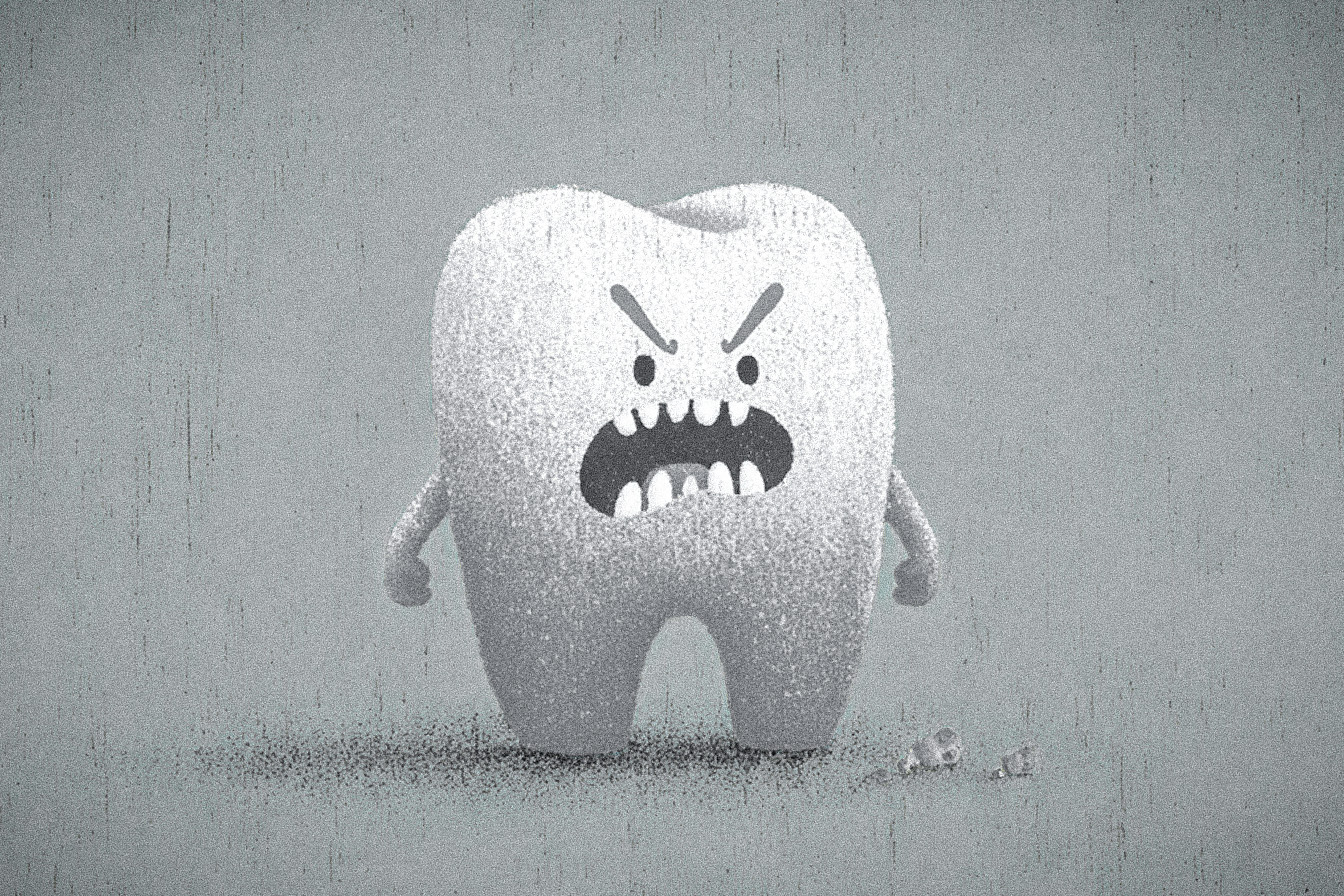


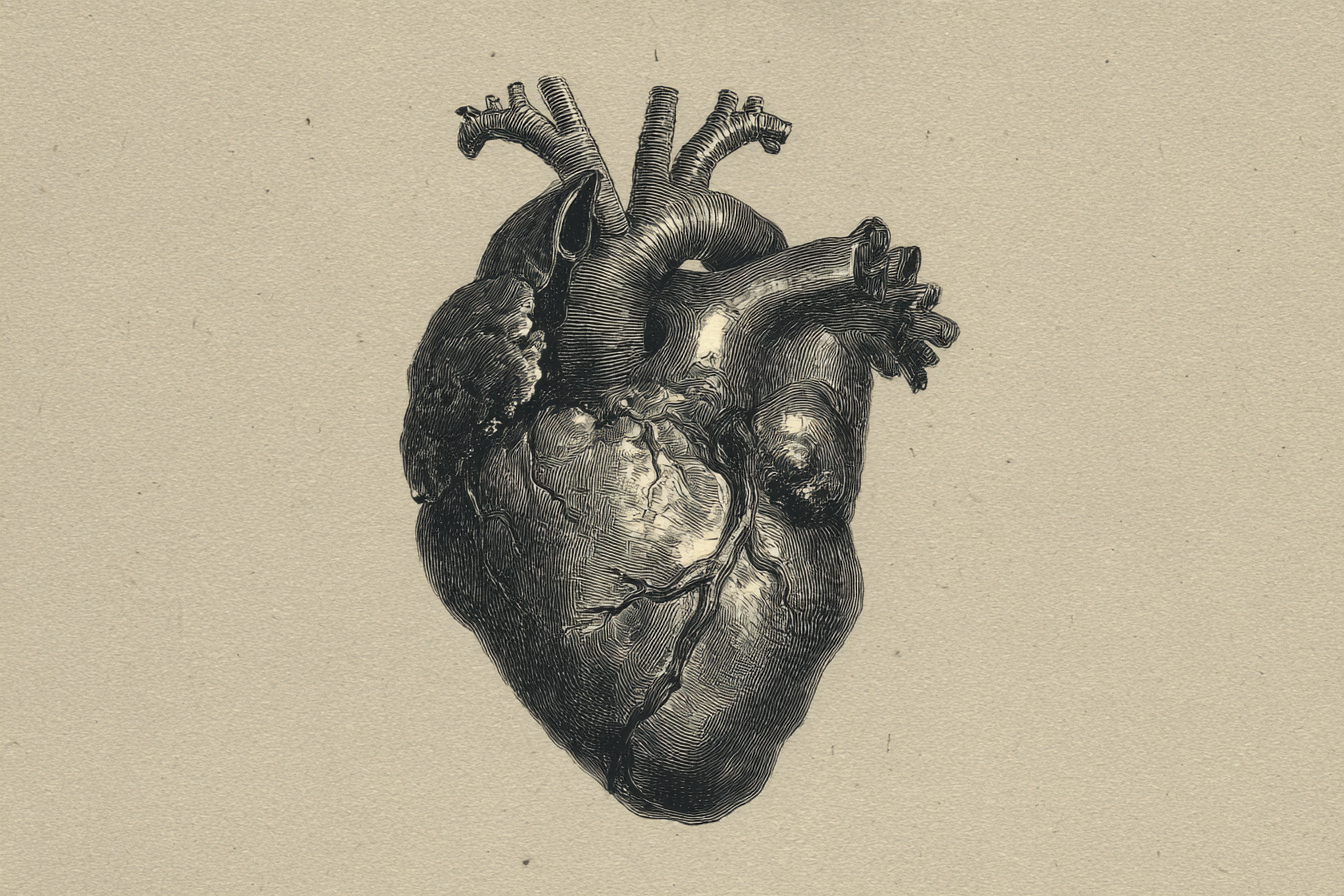
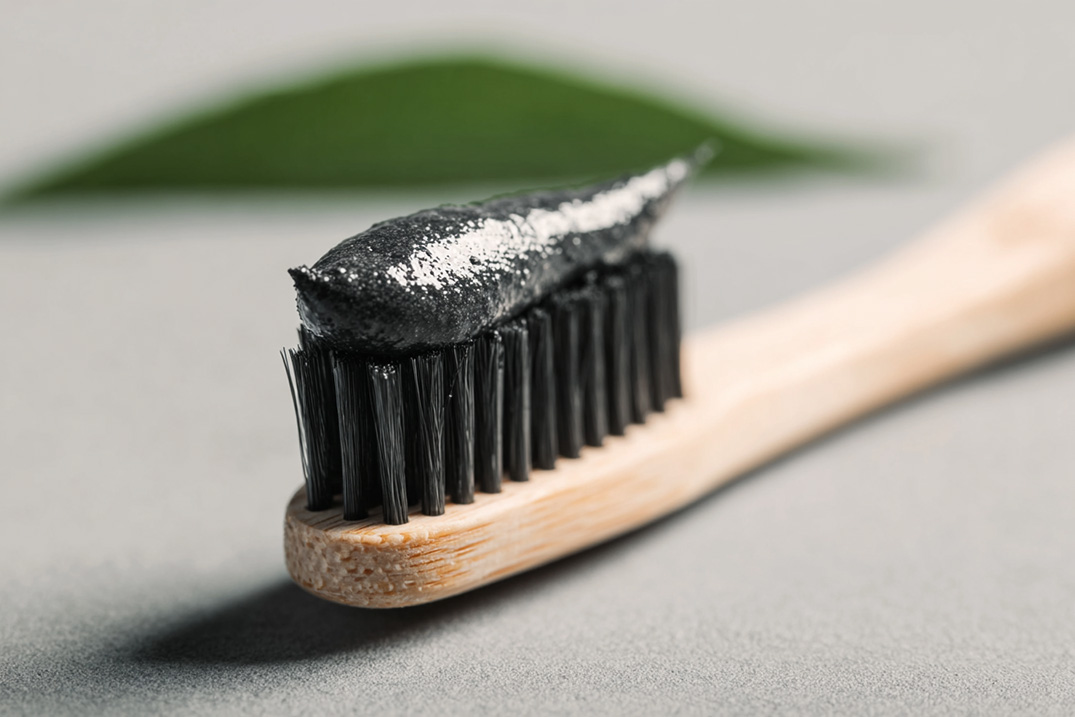
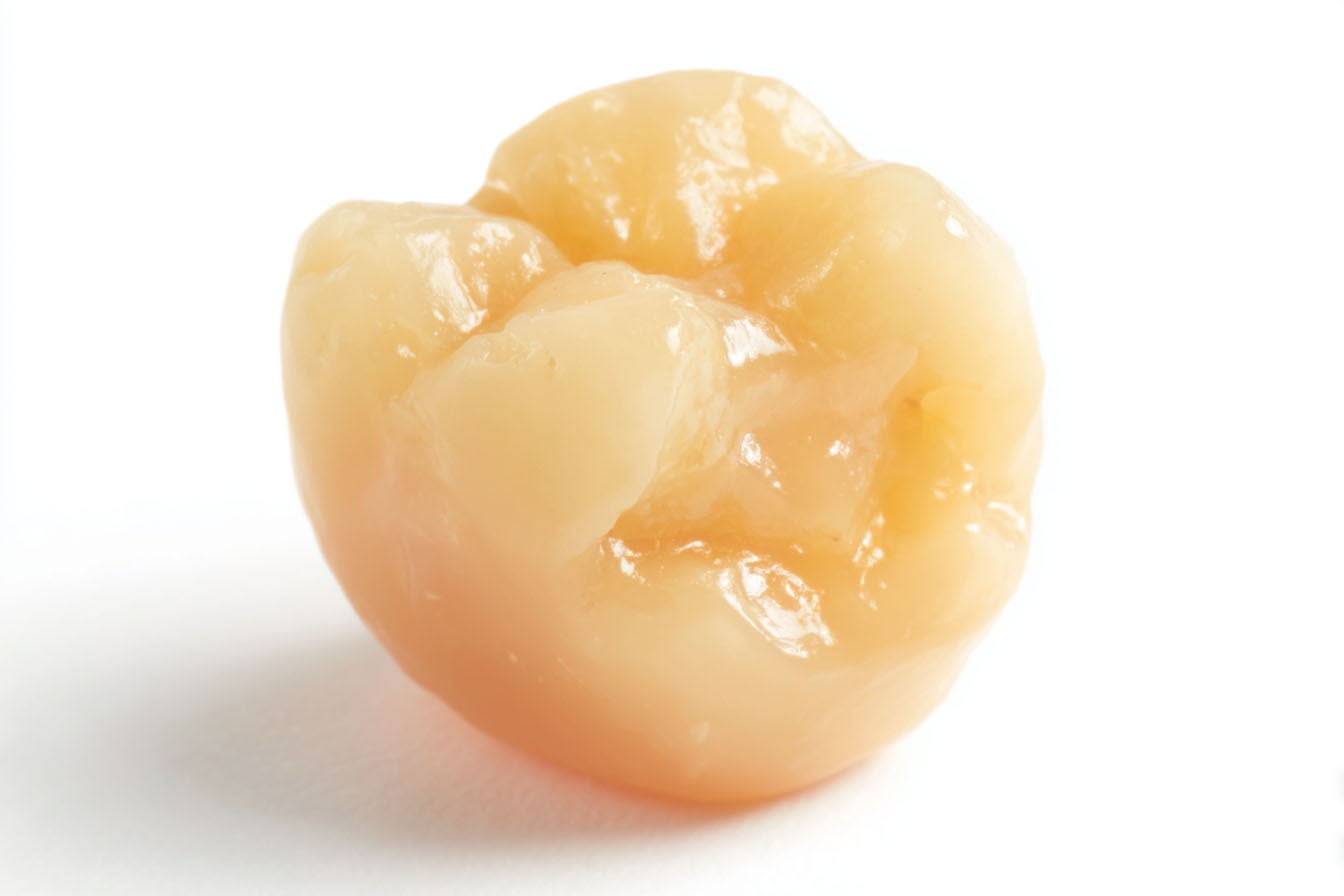
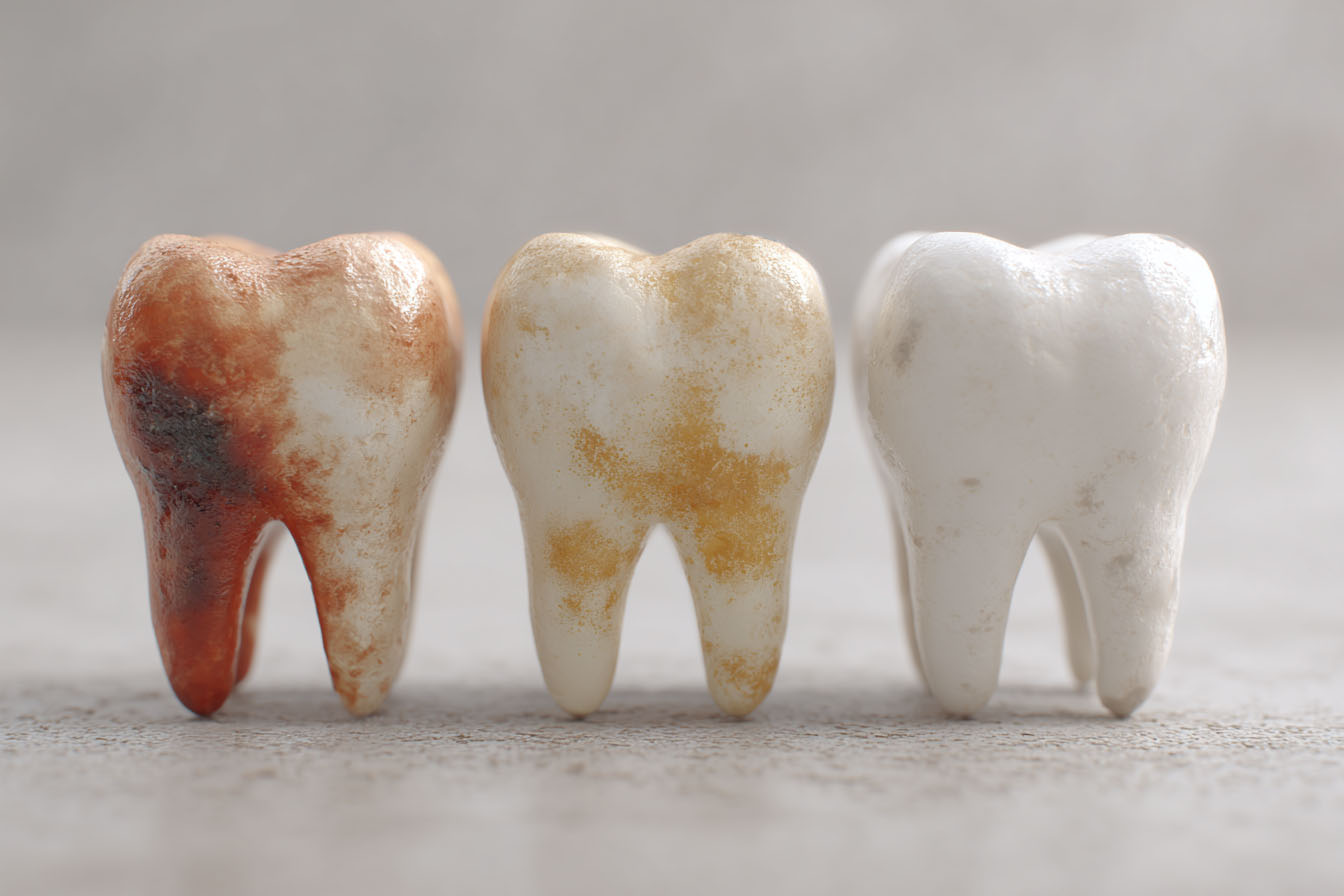

.png)



